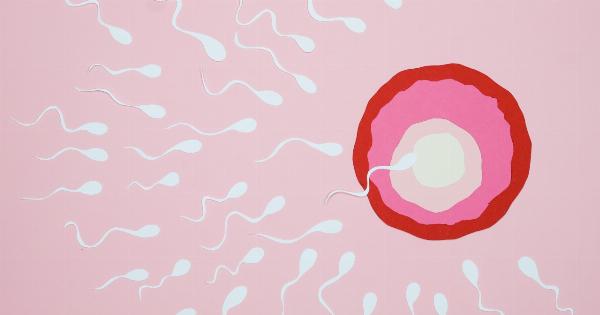In recent years, in vitro fertilization (IVF) has become an increasingly popular method for couples struggling with infertility to conceive and have children.
While this assisted reproductive technology has been successful in helping millions of couples worldwide to achieve their dream of having a family, concerns have been raised about the potential association between IVF and cancer in children born through this procedure. This article aims to explore this association and provide an overview of the current research and understanding in this field.
Understanding In Vitro Fertilization (IVF)
IVF is a complex medical procedure that involves extracting eggs from a woman’s ovaries and fertilizing them with sperm in a laboratory.
The resulting embryos are then carefully monitored and incubated before being transferred into the woman’s uterus. IVF can be used to overcome various fertility issues, such as blocked fallopian tubes, low sperm count, or advanced maternal age, among others.
Prevalence of IVF and Cancer in Children
A number of studies have investigated the potential link between IVF and cancer in children, as there have been concerns about the long-term effects of the procedure.
It is important to note that the overall risk of cancer in children born through IVF is relatively low compared to the general population. These studies have typically focused on specific types of cancer, such as childhood leukemia, neuroblastoma, and retinoblastoma.
Childhood Leukemia: What the Research Says
One area of particular interest has been the potential association between IVF and childhood leukemia.
Leukemia is a cancer affecting the blood and bone marrow, and certain types, such as acute lymphoblastic leukemia (ALL), are more commonly observed in children. Multiple studies have explored this relationship, with some suggesting a slight increase in the risk of childhood leukemia in IVF-conceived children, while others have found no significant association.
Neuroblastoma and IVF
Neuroblastoma is a type of cancer that typically affects young children, usually under the age of five. Research examining the link between IVF and neuroblastoma has yielded mixed results.
Some studies have observed a slightly increased risk of neuroblastoma in children born through IVF, while others have found no significant association. Further research is needed to determine the true relationship between IVF and neuroblastoma.
Retinoblastoma and IVF
Retinoblastoma is a rare form of eye cancer that primarily affects young children. It is caused by genetic mutations and can be hereditary or occur sporadically.
Multiple studies have investigated the potential association between IVF and retinoblastoma, but the findings have been inconclusive. While some studies have reported a higher incidence of retinoblastoma in IVF-conceived children, others have found no significant association.
Possible Explanations for an Association
The exact mechanisms behind a potential association between IVF and cancer in children remain unclear.
Several hypotheses have been proposed, including the role of IVF medications, the impact of multiple pregnancies, and the higher prevalence of fertility issues in parents undergoing IVF. It is important to note that the overall risk of cancer is still relatively low, and the benefits of IVF in helping couples achieve pregnancy often outweigh this small potential risk.
Current Recommendations and Future Research
Given the inconclusive and conflicting findings from various studies, it is difficult to draw definitive conclusions about the association between IVF and cancer in children.
However, experts agree that more research is needed to better understand the potential risks and address any concerns. In the meantime, it is crucial for couples considering IVF to discuss these concerns with their healthcare providers and make informed decisions based on individual circumstances and available evidence.
Conclusion
While there have been concerns about the association between IVF and cancer in children, the overall risk is relatively low compared to the general population.
Multiple studies have examined specific types of cancer, such as childhood leukemia, neuroblastoma, and retinoblastoma, with mixed results. Further research is required to clarify the relationship between IVF and these cancers. It is important for individuals undergoing IVF to discuss these concerns with medical professionals to make informed decisions.
The benefits of IVF in helping couples achieve pregnancy often outweigh the small potential risks.



























